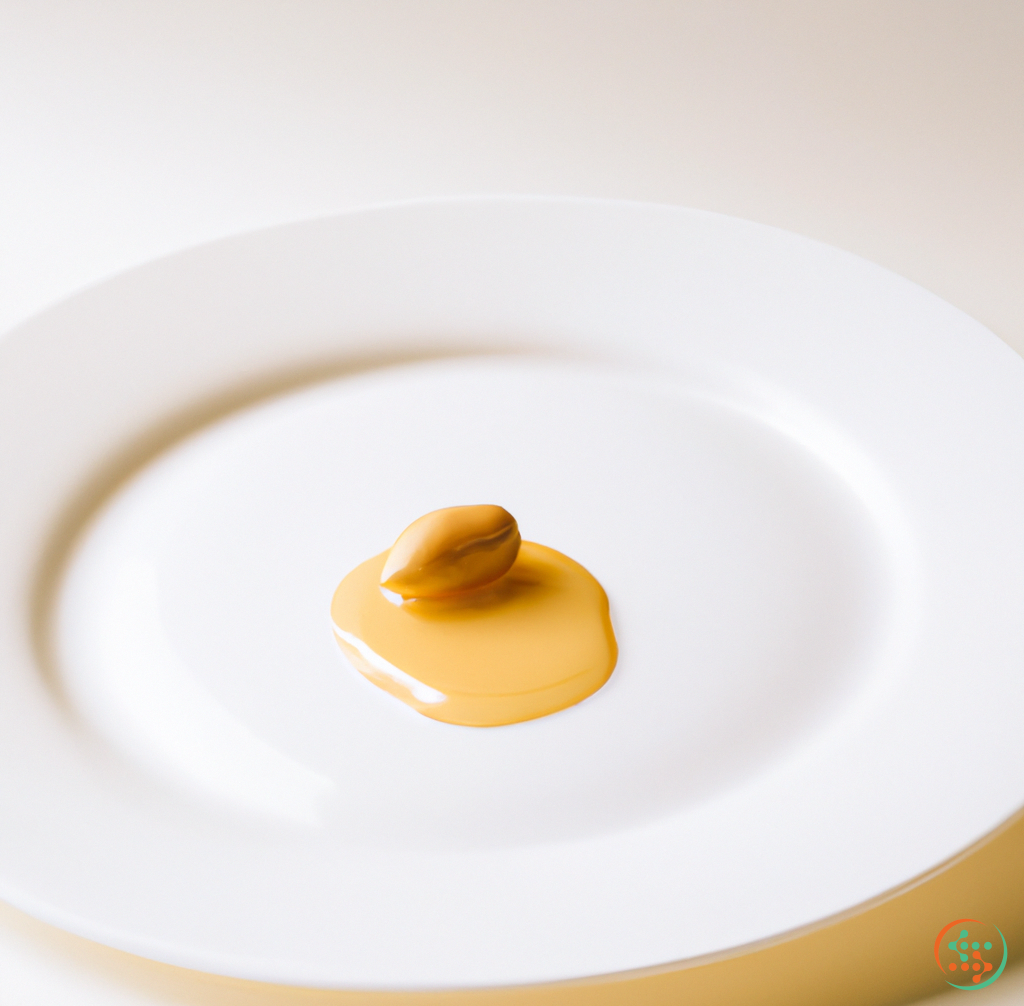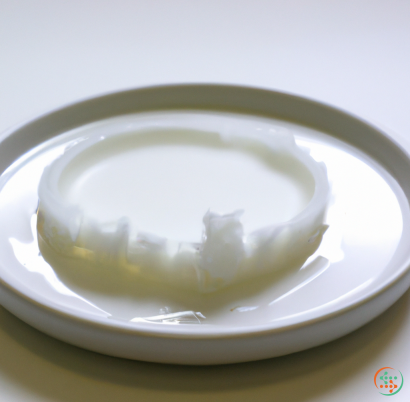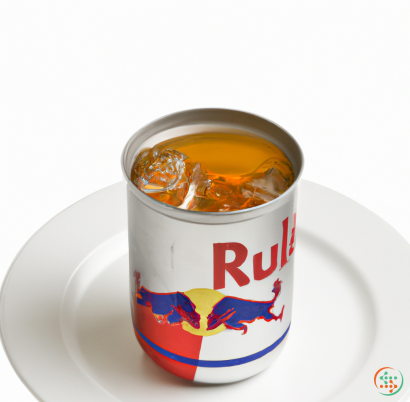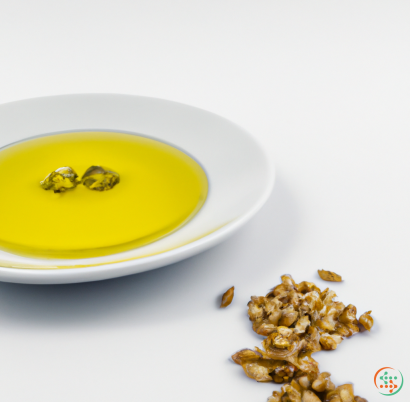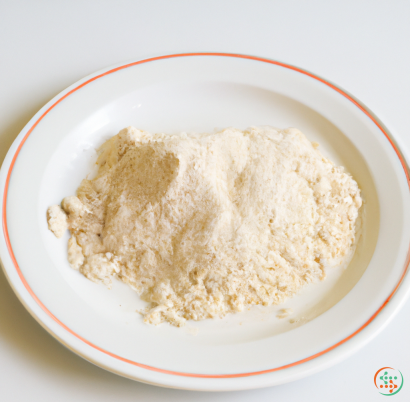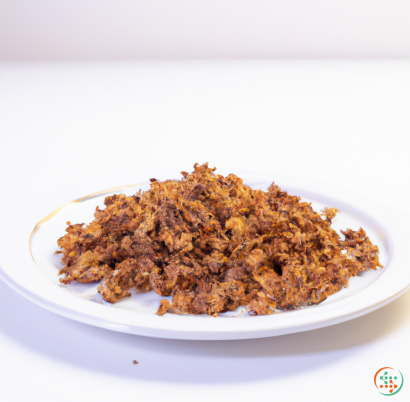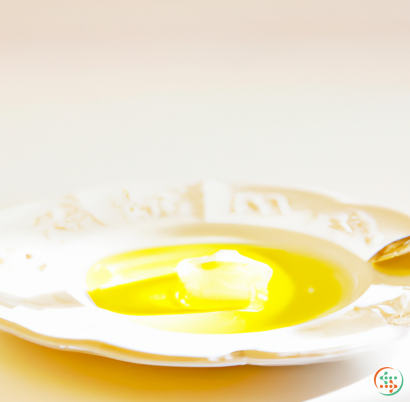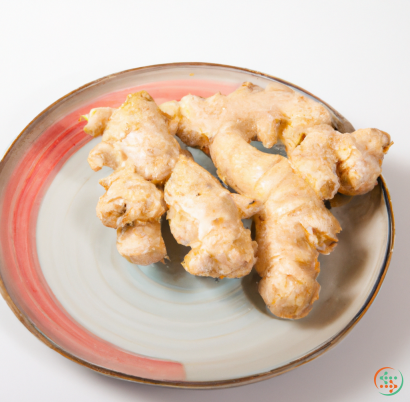Peanut Oil
and why it’s beneficial/or not beneficial for people who are trying to lose weight
Peanut oil is a popular cooking choice for many around the world, but it has come under scrutiny for its potential impact on weight maintenance. While it has some health benefits, it also contains powerful fatty acids that could cause you to gain weight and store fat if used in large amounts. Here we will look at what peanut oil is, how it can affect your weight, and how you can safely use it in your diet.
What is Peanut Oil?
Peanut oil is exactly what the name suggests – oil made from ground up peanuts. It’s a favorite amongst both professional and home chefs, as it imparts a great flavor in stir-fries, grilled foods, and deep-fried dishes. Additionally, it has a high smoking point of 227°C, making it great for frying. It also holds up to higher temperatures better than other oils, allowing it to be reused multiple times before needing to be replaced.
The Benefits of Peanut Oil
Peanut oil is a great source of healthy fats, specifically monounsaturated fats. This type of fat helps your body absorb essential vitamins and minerals, and can help reduce inflammation in the body. Peanut oil also offers vitamins B1 and B6, which helps protect nerve cells from damage. Furthermore, its high smoke point makes it a great choice for high-heat cooking methods, such as frying.
Can Peanut Oil Help with Weight Loss?
Peanut oil contains a lot of calories, so it’s important to use it in moderation if you’re trying to watch your weight. A tablespoon of peanut oil clocks in at 120 calories and 13.8 grams of fat, 8 of which are of the saturated kind. Since there are 9 calories per gram of fat, peanut oil can be a surprisingly high-calorie addition to a dish. That said, the oil is still a much better choice than a lot of other oils, including butter, which contains 100 calories per table spoon and 12 grams of fat.
With all of that said, incorporating peanut oil into your diet can still be beneficial for weight loss. Despite the high fat content, it does still contain the healthy monounsaturated fats that can be helpful in regulating cholesterol levels and keeping inflammation in check. Additionally, its high smoke point can help eliminate free radical damage that often comes with high-heat cooking methods.
Incorporating Peanut Oil into Your Diet
Due to its caloric content, peanut oil should be consumed in moderation when trying to lose weight. Here are some ways to incorporate it into your cooking routine:
? Use it as a base for stir-fries or sautés instead of butter
? Use it to fry vegetables instead of other oils
? Add a tablespoon of peanut oil as a marinade for grilled chicken or fish
? Use it when making salad dressings or dips
? Take a teaspoon of peanut oil with meals for added flavor
Conclusion
Peanut oil is a popular cooking oil, but it can still be high in fat and calories if used in excess. When consumed in moderation, it can still be beneficial to weight loss, as it contains healthy monounsaturated fats and has a high smoke point. Incorporate it into meals with grilled or fried chicken and fish, or use it as a base for stir-fries, sauces, and dressings. As with any food, moderation plays a big part in maintaining a healthy weight and lifestyle.
Just the mere thought of peanut oil is enough to evoke an appetite; it’s a delectable condiment found in homes around the world. This tasty liquid is used to cook a variety of dishes, adding an extra kick of flavor to each one. But have you ever thought about how peanut oil is created and how it reaches our dinner plates?
This blog post will take you on a fascinating journey of how a peanut oil is made, from its origin until it reaches your plate. Explore the many stages and process taken to obtain this wondrous oil, made from locally-grown peanuts, farmed and cultivated for our pleasure.
Peanut oil gets its start from farmers who are experts in both cultivating quality peanuts and harvesting the crop within the optimal window of opportunity. This crop of peanuts is carefully chosen from seedling to harvest from farms maintained within an area. From here, peanuts are then moved on to processors, who separate the kernels from their husks and further clean them to attain a perfect finishing.
Once processed, peanuts are then ready to be pressed. The pressing of the peanut creates a warm paste that is then subjected to extreme amounts of pressure in order to extract oil from the nut. During the pressing process, temperatures must be kept at optimal levels to ensure a higher yield of oil. In the end, what you are left with is a thick paste that is a mixture of oil and peanuts. This gooey mix is then put through a centrifuge that separates the oil from the peanut meal. The oil is then carefully analyzed by a chemist to be sure the quality is up to expectations.
The oil obtained from the pressing process is now ready to be bottled and shipped off to grocery stores and markets around the country. Grocery store employees carefully store the crates of oil in optimal conditions to ensure its freshness when it reaches your plate.
Once the oil has reached grocery stores, restaurants and other establishments, it is ready to be used. Chefs expertly fry dishes utilizing the oil to a precise temperature and fry time, as prolonged frying can lead to an old, bitter taste in your food. Once the food is ready it is served on your plate. Many different dishes can be cooked using peanut oil such as tempura, french fries and even stir-fry dishes.
Upon further exploration, you can find that peanut oil is also used for industrial purposes. In some cases, peanut oil can also be used for soap or as a substitute for diesel fuel, as it has been found to produce great power in engines.
Now that you have gone through the journey and understood the process that goes through manufacturing peanut oil, you can appreciate the product that much more. Peanut oil is an essential commodity in kitchens around the world, making dishes scrumptious and delicious. The various stages it goes through before it ends up on your plate show the diligence and care that goes into creating this delightful product. When you next grab your peanut oil bottle, remember the process of transformation it had gone through before it reached your hands.
| Vitamin E | 0.01569 grams | |
| Vitamin K | 0.7 ug | |
| Vitamin B4 | 0.1 mg |
| Iron | 0.03 mg |
Daily Value 0.018 g
|
| Zinc | 0.01 mg |
Daily Value 0.011 g
|
| Total Sugars | 0 ug |
per 100g
|
| Myristic acid (14:0) | 0.1 grams |
|
| Palmitic acid (16:0) | 9.5 grams |
|
| Stearic acid (18:0) | 2.2 grams |
|
| Arachidic acid (20:0) | 1.4 grams |
|
| Behenic acid (22:0) | 2.8 grams |
|
| Lignoceric acid (24:0) | 0.9 grams |
|
| Total Saturated fatty acids: | 16.9 g | |
| Oleic acid (18:1) | 44.8 grams |
|
| Palmitoleic acid (16:1) | 0.1 grams |
|
| Gadoleic acid (20:1) | 1.3 grams |
|
| Total Monounsaturated fatty acids: | 46.2 g | |
| Linoleic acid (18:2) | 32. grams |
|
| Total Polyunsaturated fatty acids: | 32 g | |
| Phytosterols | 0.21 grams |
|
| Total Sterols: | 0.21 g | |
